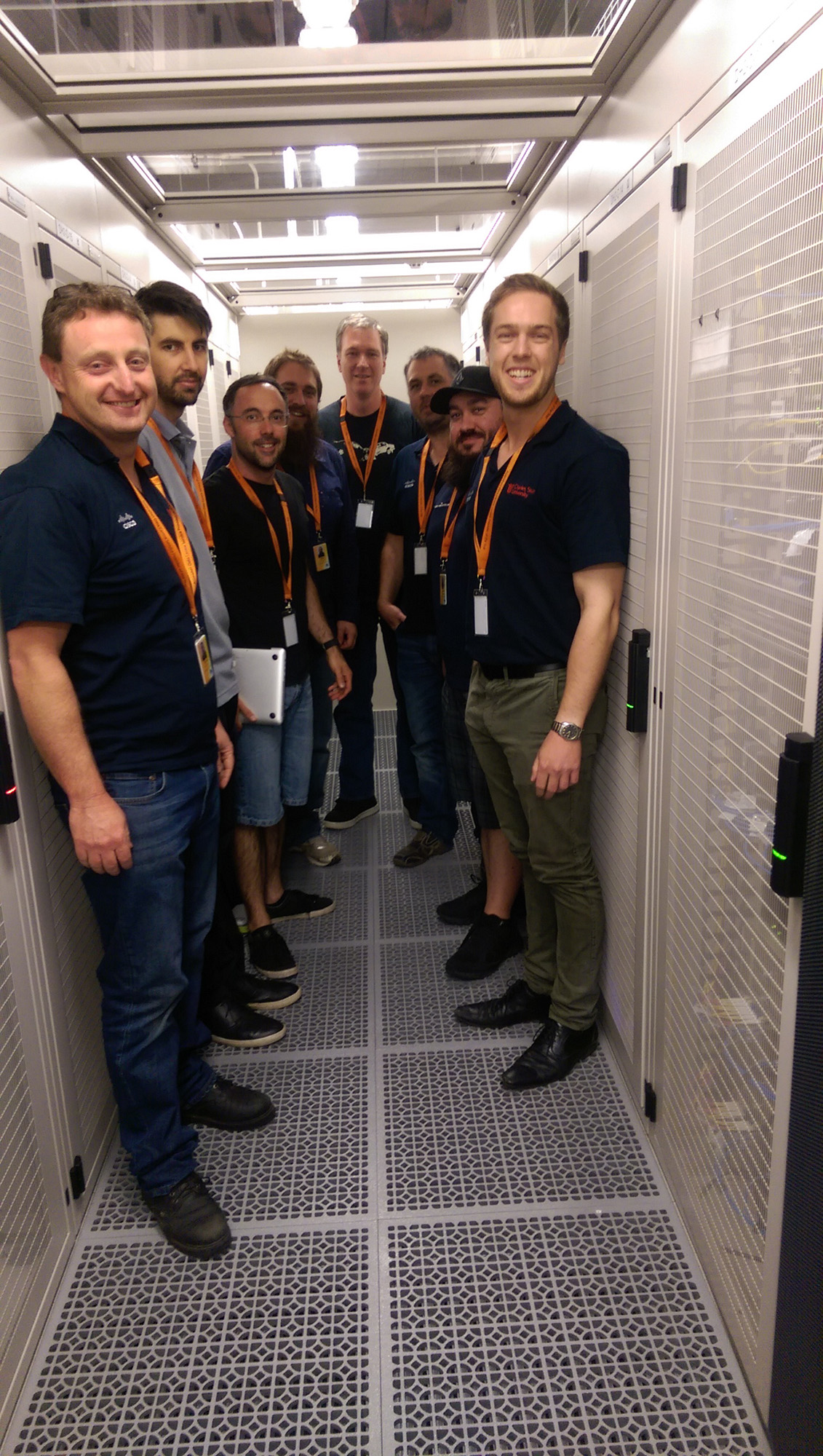Sustainability
- Home
- Locations
- What you can do
- LiFE Framework
- Sustainable Development Goals
- About us
- Grants
- Events
- Contact us
Now searching for:
Information and Communications Technology (ICT) is central to daily life at Charles Sturt University. As technology continues to advance, the ICT community works to focus progress on efficiently and sustainably serving individuals, institutions and broader society.
The term ICT can be applied to any piece of technology that helps people communicate and interact with one another. ICT equipment is PCs and monitors, data centres, server rooms, network cables and routers, printers and copiers, telephones and video conferencing equipment, etc. All of this equipment requires the use of resources in manufacture (plastics, metals etc.) as well as electricity to operate. Sustainable (or green) ICT refers to the minimal use of resources and energy in the manufacture, use and disposal of ICT equipment.
ICT-related energy and environmental issues, such as electricity consumption in data centres, and e-waste are increasingly important to Charles Sturt University. The turnover of hardware is quickly becoming one of the greatest waste issues of this century, along with associated costs and the social implications of disposing, often toxic, e-waste to developing countries.
Our investment into ICT reflects the increasingly important role it has in enhancing the student experience, improving workplace efficiency and maximising wider social benefits and impacts.
This framework was benchmarked in 2014. The below graph illustrates our progress towards best practice across the eight (8) activity areas as of May 2020. The absence of a blue bar indicates ‘no progress’ for this activity area.
Charles Sturt University has recently taken a number of steps to improve ICT sustainability including:
Steps you can take to support sustainable ICT systems in place across Charles Sturt University include:

Relocation of the data centres to Sydney from Wagga and Bathurst, Division of Information Technology.
Charles Sturt University aligns our research, policies, procedures, and other work with the UN Sustainable Development Goals (SDGs). These are the most relevant SDGs for this initiative.
